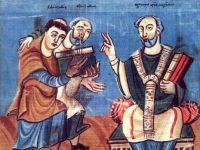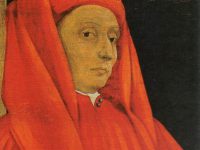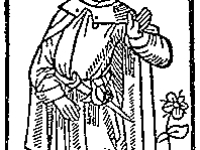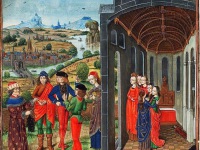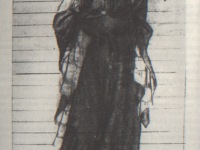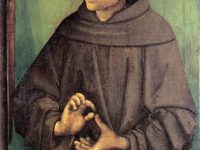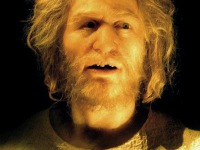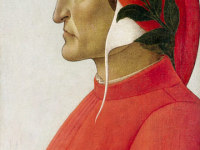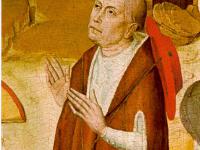The Encyclopaedia of Rabanus Maurus
On February 4, 856, Frankish Benedictine monk, theologian, poet, encyclopedist and military writer Rabanus Maurus Magnentius passed away. He was the author of the encyclopaedia De rerum naturis (“On the Natures of Things“). He also wrote treatises on education and grammar and commentaries on the Bible. He was one of the most prominent teachers and writers of the Carolingian age, and was called “Praeceptor Germaniae,” or “the teacher of Germany.” How Rabanus…
Read more

